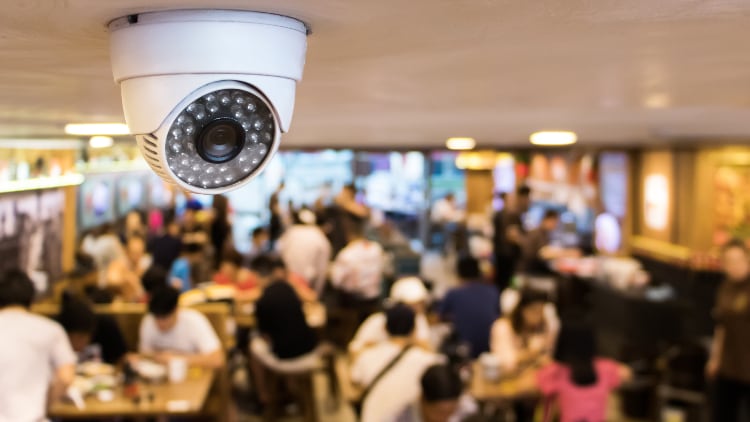In practice, all new licensing applications regardless of whether drink-led or restaurant will be met by a request for CCTV conditions usually, the favoured ‘spotter’ at all entrances to capture ID, and sometimes a request for ‘all public areas’ or words to that effect to be covered extensively by cameras.
Perhaps this is proportionate and appropriate, but it is difficult to see how it is. The word ‘blanket’ is actually used in the Home Office code of practice as a principle to be avoided, supported by the guidance that makes it clear an analysis of whether CCTV is required should be done on a case-by-case basis, according to risk.
Unfortunately, this is completely ignored by many Police Forces, who have bought into CCTV as a useful tool in evidence gathering in case there is an incident at the premises (which it undoubtedly is). However, because CCTV captures the data of members of the public and retains it for a period of usually 30 days, the test as to whether this is appropriate or proportionate is relegated behind the easy evidence gathering tool that it has become, particularly in days of police officer shortages.
Indeed, police forces, particularly in the Met area, look for every opportunity to request CCTV not just in practice but as a condition on the licence, making it a criminal offence if the CCTV is removed or does not work. This includes a variation by extending the extent of the premises even if there are no existing or historic issues of crime or disorder. I am afraid, rather cynically, the investment and improvement to an existing problem-free premises is often seen as an opportunity to get CCTV cameras into areas where they are not currently Perhaps easier to justify, if there is an incident at the premises then the most popular way of addressing any concerns is to request a CCTV system accompanied by the usual standard conditions.
It is always difficult to argue that CCTV will not assist in evidence gathering because clearly it will do, but the core principle of whether such widespread data collection (a northern council boasted to me that 90% of its licensed premises have CCTV coverage) is in the public interest, is being ignored; of course, operators do sometimes like having CCTV camera coverage to protect their business and their staff.
For any legal enquiries please visit Poppleston Allen's website




